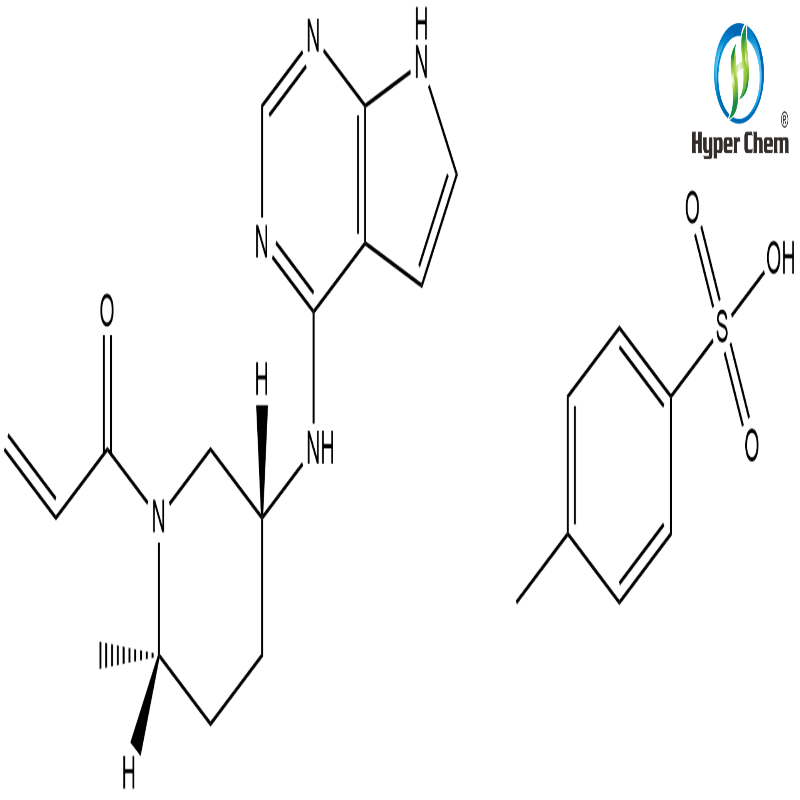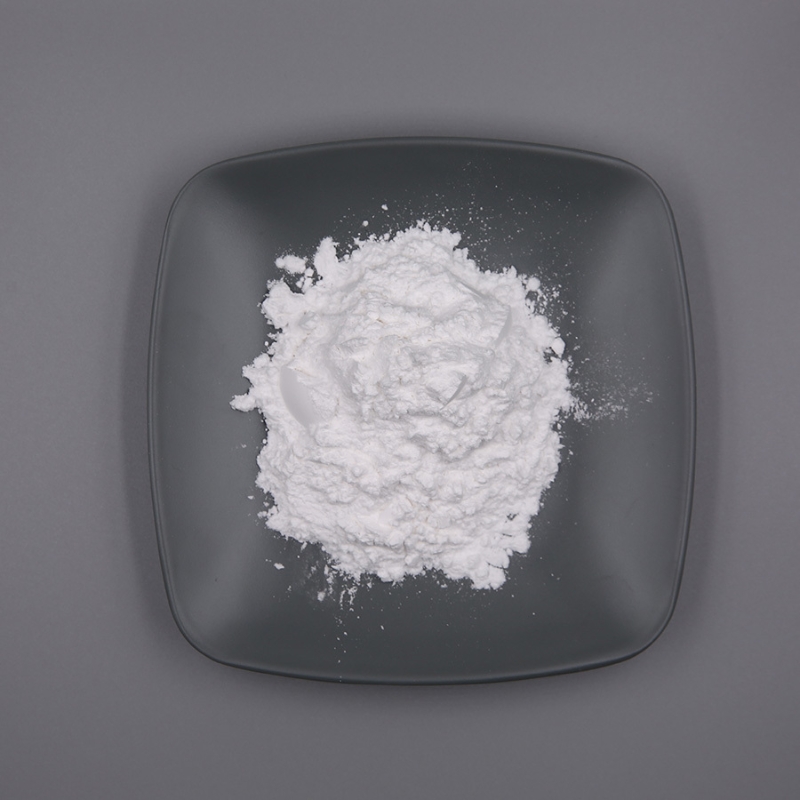Science: new research reveals the mechanism of lactose promoting the production of graft-versus-host disease
-
Last Update: 2019-12-12
-
Source: Internet
-
Author: User
Search more information of high quality chemicals, good prices and reliable suppliers, visit
www.echemi.com
December 12, 2019 / BIOON / - -- intestinal microorganisms play an important role in intestinal nutrition absorption, metabolism, immune development and resistance to pathogens The imbalance of intestinal microecology can not only cause digestive tract related diseases, such as dyspepsia, diarrhea, necrotizing colitis (NE), irritable bowel syndrome (IBS), inflammatory bowel disease (IBD); metabolic diseases (obesity, diabetes, fatty liver, cirrhosis, etc.); Clostridium difficile infection; acute pancreatitis; allergic asthma; cardiovascular diseases (such as hypertension) , atherosclerosis, myocardial infarction and heart failure), autism and tumors (such as colorectal cancer) The destruction of intestinal microbial community seems to be the root of many human diseases, but the mechanism of promoting the Dysbiosis and its adverse consequences is little known Allogeneic hematopoietic cell transplantation (allo HCT) is used to treat some hematopoietic malignancies, but patients have the risk of GVHD GVHD is a series of "cytokine storm" stimulation launched by the recipient due to the T cells in the allogeneic donor graft after transplantation, which greatly enhances their immune response to the recipient's antigen and attacks the target cells of the recipient, in which skin, liver and intestine are the main targets According to the time of GVHD after transplantation, if it occurs within 100 days, it is called acute graft-versus-host disease, and if it occurs after 100 days, it is called chronic graft-versus-host disease The incidence of acute graft-versus-host disease was 30% - 45%, and the incidence of chronic graft-versus-host disease was lower than that of acute graft-versus-host disease In a new study, researchers from the United States, Germany and Japan conducted a large-scale analysis of more than 1300 patients receiving allogeneic hematopoietic cell transplantation from four clinical centers, and found that higher levels of Enterococcus, especially Enterococcus faecium, were associated with higher GVHD incidence and mortality in these patients The relevant research results were recently published in the journal Science, and the title of the paper is "lactose drives Enterococcus expansion to promote grant versus host disease" Enterococcus faecalis, image from Wikipedia Commons The researchers found that after allogeneic hematopoietic cell transplantation, Enterococcus also proliferated in the gastrointestinal tract of mice, and aggravated the severity of the disease in sterile animal models The growth of Enterococcus depends on a disaccharide called lactose, and the elimination of lactose in diet will weaken the growth of Enterococcus, reduce the severity of GVHD in mice, and improve their survival rate Patients with lactose malabsorption genotype had higher enterococcal abundance, and the ability to eliminate enterococci after antibiotic treatment was poor after allogeneic hematopoietic cell transplantation It can be seen that as a common nutrient, lactose can promote the proliferation of Enterococcus, which will play an important role in intestinal and systemic inflammatory diseases (bio Com) reference: 1 C K steer thinker et al Lactose drives Enterococcus expansion to promote grant versus host disease Science, 2019, DOI: 10.1126/science.aax3760 2 Laurence ztvogel et al Immunology guide bacteria Science, 2019, DOI: 10.1126/science.aaz7595
This article is an English version of an article which is originally in the Chinese language on echemi.com and is provided for information purposes only.
This website makes no representation or warranty of any kind, either expressed or implied, as to the accuracy, completeness ownership or reliability of
the article or any translations thereof. If you have any concerns or complaints relating to the article, please send an email, providing a detailed
description of the concern or complaint, to
service@echemi.com. A staff member will contact you within 5 working days. Once verified, infringing content
will be removed immediately.







